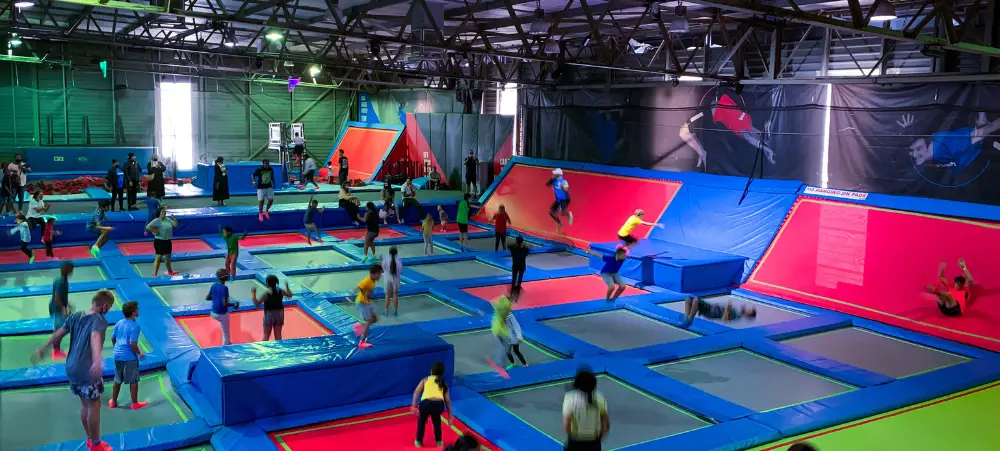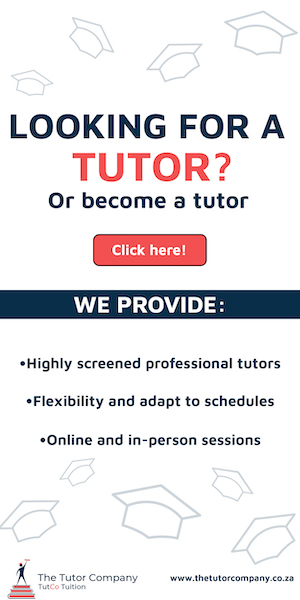
Building Stronger Communities in Online Schools: How Virtual Learning Breaks Barriers
In today’s interconnected world, education is no longer confined to the walls of a classroom or the boundaries of geography. Online schooling has emerged as a transformative force, breaking down barriers and building vibrant, inclusive communities where students from diverse backgrounds can connect, collaborate, and thrive. At the heart of this revolution is Wingu Academy, a pioneer in online learning that fosters a global learning community while supporting collaborative education through cutting-edge technology. Breaking Barriers with Virtual Learning 1. Geographic Boundaries Dissolved Traditional schooling often limits students to their local area, but online education transcends these restrictions. At Wingu Academy, students from across the globe come together in a virtual environment, enriching their learning experience with perspectives from different cultures, countries, and backgrounds. One parent shared, “My child has made friends from South Africa, Zambia, and even Europe throughWingu’sonlineplatform.It’saprivilegetoseehergrowinsuchadiversecommunity.” 2. Accessibility for All Learners For families in remote areas or those with unique scheduling needs, online schooling provides an accessible alternative to traditional schools. Wingu Academy’s intuitive platform ensures that every student, regardless of location or circumstances, has access to world-class education. Moreover, students with physical disabilities or health concerns can learn comfortably from home while still participating fully in classes, clubs, and social events. 3. Cultural Exchange and Global Citizenship By connecting students from different parts of the world, Wingu Academy fosters cultural awareness and global competence. Through collaborative projects, language courses, and virtual meetups, learners gain an appreciation for diversity and develop the skills needed to engage in a globalised society. Creating a Thriving Online Community 1. Collaborative Learning through Technology At Wingu Academy, technology is not just a tool for teaching but a medium for connection. Features like real-time collaboration on projects, group discussions, and interactive platforms ensure students can work together seamlessly, even if they are thousands of kilometres apart. The use of gamification and simulations further enhances this experience, making group work both engaging and effective. For example, in the Junior Robotics Club, students collaborate to design and programme robots, combining creativity and teamwork. 2. Social Programmes and Clubs Understanding that education is about more than academics, Wingu Academy has developed a robust social programme to foster connections. Students can join one of the 11 online clubs, such as Mini Mozarts, Wingu E-sports, or Green Thumbs, where they explore shared interests and build friendships. These clubs change termly to keep activities fresh and exciting, while in-person meetups like the Wingulympics provide opportunities for students to connect face-to-face, reinforcing the sense of belonging. 3. The House System Wingu Academy’s house system, with groups like Duma, Kifaru, and Ndovu, promotes camaraderie and healthy competition. Students participate in house challenges and events, which encourage teamwork and foster school spirit. One student reflected, “BeingpartofHouseKifarumakesmefeellikeIbelongtosomething bigger. I love cheering my teammates on during competitions!” The Role of Teachers and Technology in Community Building 1. Personalised Support and Engagement Wingu Academy’s teachers are more than just educators; they are mentors who actively engage with their students to create a supportive and inclusive environment. With small class sizes and regular one-on-one check-ins, teachers ensure every student feels seen and valued. 2. Interactive and Intuitive Platforms Wingu’s user-friendly learning platform is designed to facilitate interaction. Features like live chat, discussion boards, and collaborative tools allow students to communicate easily with their peers and teachers. Gamified elements make learning fun and encourage participation, creating a dynamic classroom atmosphere. 3. Inclusivity Through Accessibility Wingu Academy prioritises accessibility, incorporating features like dyslexia-friendly fonts and customisable text sizes to support students with learning differences. This commitment ensures that every learner can fully participate in the community, regardless of their needs. The Impact of Stronger Online Communities 1. Academic Success Through Collaboration Research shows that collaborative learning enhances critical thinking and problem-solving skills. At Wingu Academy, group projects and peer feedback are integral to the curriculum, helping students learn from one another and develop a deeper understanding of their subjects. 2. Emotional Wellbeing A sense of belonging is crucial for emotional wellbeing, especially in a virtual setting. Wingu’s Wellness Hub provides counselling and emotional support to students, while its emphasis on social interaction ensures no student feels isolated. 3. Lifelong Friendships Perhaps one of the most rewarding aspects of Wingu Academy’s community is the lifelong friendships it fosters. Students often stay connected long after graduating, forming networks that span continents and cultures. Testimonials from Wingu Families Join the Wingulian community! Online schools like Wingu Academy are redefining what it means to build a community in education. By leveraging technology to break down barriers, fostering inclusivity, and creating opportunities for meaningful connections, Wingu ensures that students not only excel academically but also develop the interpersonal skills and global awareness they need for the future. For families seeking more than just an education, Wingu Academy offers a transformative experience where students are part of a vibrant, supportive community that celebrates diversity and fosters lifelong learning. In the world of online schooling, Wingu isn’t just a platform—it’s a place where connections thrive and barriers disappear. Take the First Step Towards Success: Enrol at Wingu Academy Today and Unlock Your Child’s Potential! Email: [email protected] Call: 087 147 1668 Book a consultation: [Link]


































